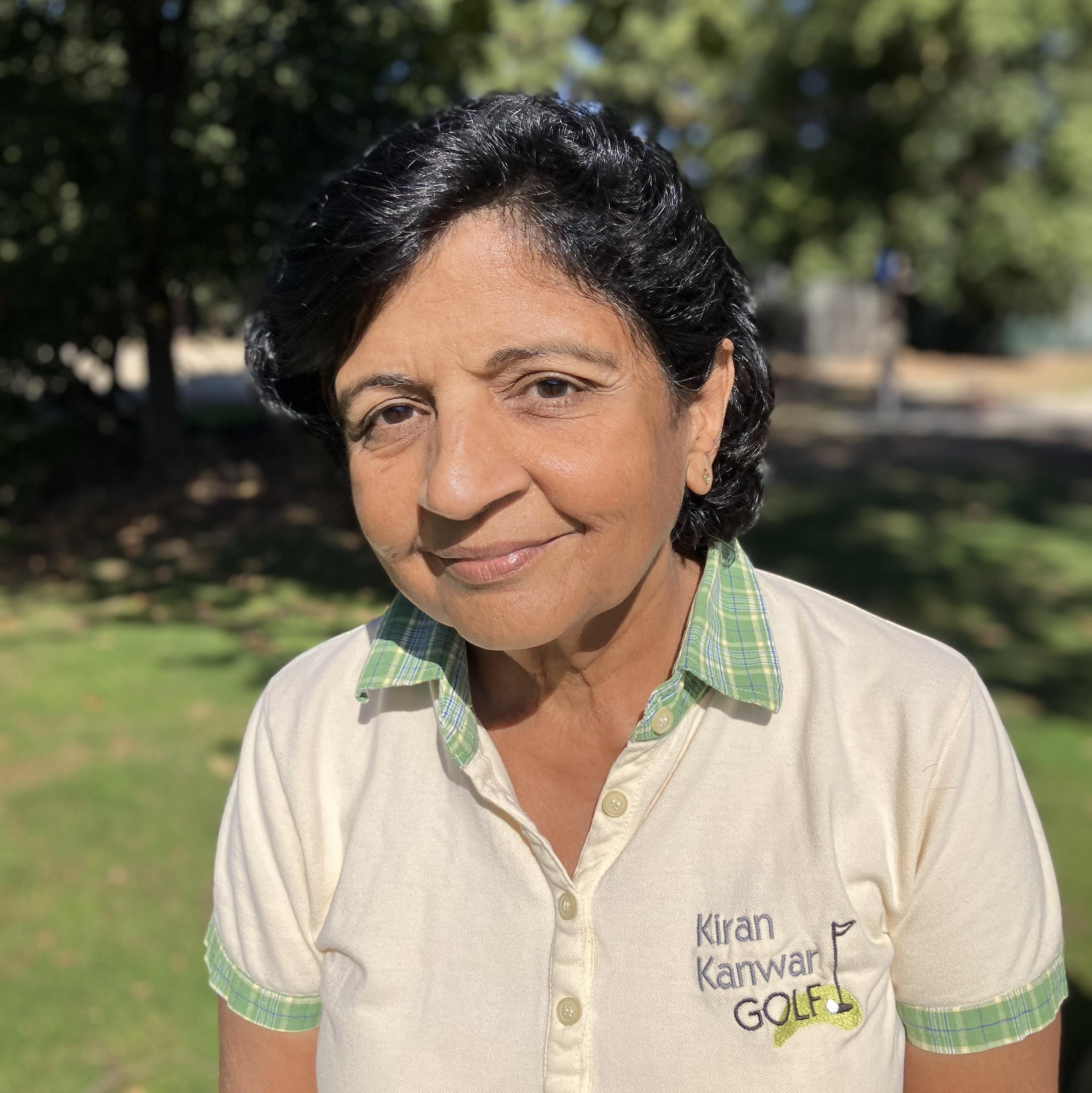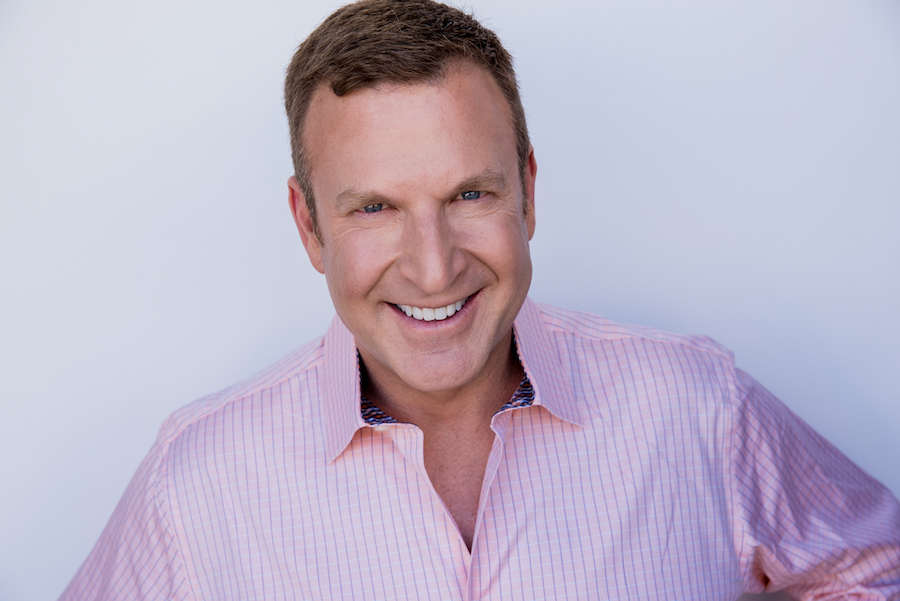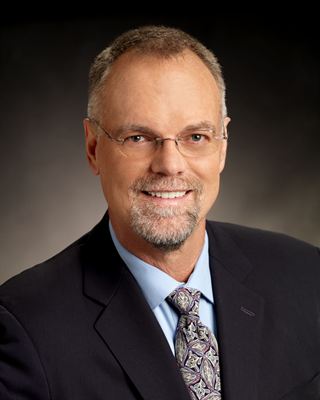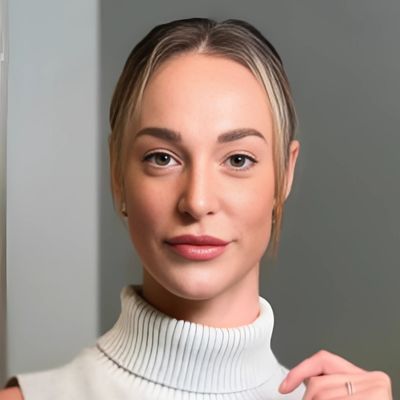
Conscious Leadership: Sophie Mclean
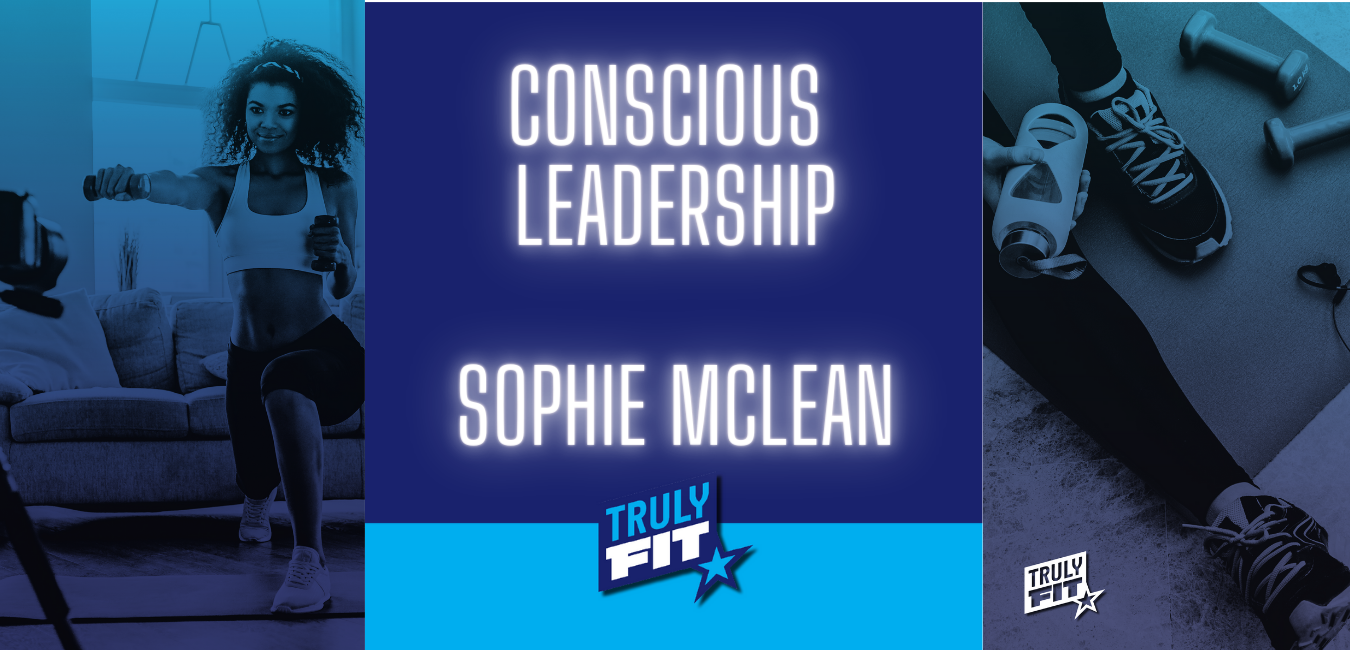
Guest: Sophie Mclean
Podcast Release Date: 2/11/2021
CLICK FOR AUDIO OF PODCAST
Welcome to Trulyfit the online fitness marketplace connecting pros and clients through unique fitness business software.
Steve Washuta: Welcome to the Trulyfit podcast. I’m your host, Steve Washuta, co-founder of Trulyfit and author of Fitness Business 101 on today’s podcast, I speak with Sophie McLean, about leadership. Sophie McLean has spent decades leading transformational seminars all over the world talking about everything from what is life about to leadership, and today specifically, we’re going to be speaking about leadership.
Let me give you a little background on Sophie McLean. She was born in Algeria, educated in both Morocco and France. She’s had professional careers in both the US and UK. And she’s had quite an eventful life. She’s been a helicopter pilot, a teacher, a designer, a relief worker, a war refugee as CEO. And she’s also served in the United Nations.
So Sophie McLean and I, again, are going to be speaking specifically about leadership today. And before I get into some of that, I want to talk about why it’s so important as personal trainers and fitness industry leaders, that we’re not just focused on the anatomical nuances of our clients, but we understand how to connect with our clients.
The number one universal goal is long-term health and wellness with our clients. I’ve talked about that in a previous podcast. In order to do that, we have to connect with our clients, we have to understand the psychology and the philosophy behind what we do, and really be introspective and not just understand their bodies. So if you’re not talking about what it is to be a conscious leader, her definition of the concept of power versus force, is the leadership goals ultimately, just to produce results is to empower people.
What exactly is it? Because she studied philosophy, I throw a curveball philosophy question at her, which was fun to discuss. We talked about the future of leadership, if you know if it has changed in so far as the characteristics of what a leader used to be, is that still expected today? Or has that changed due to times changing? It was a great conversation, I really enjoyed it. But I will sort of forewarning you that this is a bit existential.
This is not our traditional podcast. And so far as it is direct in fitness, we do hit other areas of life. But again, we need this as trainers, we need to expand our horizons in order to help ourselves grow and meet our client’s goals. with no further ado, here’s Sophie,
Sophie McLean, thank you so much for joining the Trulyfit podcast. Why don’t you give the guests background and a bio of who you are and what exactly it is that you do?
Sophie Mclean: Alright, so I’m what I call a wisdom teacher. A teacher is different from a leader teacher opens doors, right. And as I believe on this podcast, we’re going to talk about leadership, but I’m really a teacher. So I opened doors for people to step through, and create their own experience of being alive.
And wisdom is knowing that you hold life in your eyes, meaning, your view of life will determine your experience of being alive. So if you view yourself as old, this is what you will get, if you view yourself as aging, dancing with the symphony of life, and appreciating what age brings, that is what you will get. So you always reap what you sow.
That is what wisdom is. So I have spent the last 30 years leading to nearly 100,000 people worldwide. Bringing and teaching people the access to remembering who they really are. I’m very pragmatic, very logical. I am trained as a philosopher, and I found that philosophy gives you fantastically profound conversations that are difficult to apply to everyday life. I am interested in people having an alteration in the experience of being alive day by day. That’s what I do.
Steve Washuta: Well, that is a fantastic job. I know from listening to your podcast, how helpful you are to people, and one of the areas in which you help people in leadership and that’s so important in the fitness industry, right being a fitness industry teacher and leader is more than just understanding the body and how you explained leadership was a conscious leader. Can you explain exactly what that is? And what do you mean by that?
Sophie Mclean: Yeah, so a leader, right? There are so many definitions of leadership, right. But the one that speaks to me the most is a leader, somebody that is willing to embody the dreams and the aspiration of other people. You know, somebody that says yes, I know what you want. I know what you desire. I know what you dream.
Follow me. I’ll show you the way. Right? So the leader is on the one hand selfless needs to be totally tuned to what the people they want to lead. Want, right? You can’t just declare yourself a leader, you need to be aware enough to know what dreams and aspirations you will answer. And then you create a vision. Right? Then people follow you. Now, conscious leadership. So, Steve, if I speak too much, let me know, right? Because it’s it’s a big question.
So I have to give a background. So I experienced going through a shift in our society. And it has been predicted for years, right? But we shifted from Homo sapiens to Homer spiriters. So what does it mean, Homo sapiens is a reign of the five senses. Right, so we have used our five senses to produce really extraordinary results. I mean, I have no problem with what we’ve accomplished, we have so much progress as far as medicine, Technology, Health, poverty, etc. I mean, we’ve done quite well. And there is one thing that needs to happen now is progress in what it is to be a human being.
Because frankly, I did my thesis on Homer, which was, I believe, eight centuries before Christ, and the way he speaks about human beings, we haven’t progressed that much, right. So there is a shift in human beings going to the end, the shift is going beyond the five senses, still using them, of course, but connecting to the spiritual what I call your soul.
And when you do that, you have the five senses, close the connection to the spiritual, you have access to authentic power, guidance, and tuition. Life becomes an adventure. So I believe this is what is happening. So a conscious leader is somebody that goes beyond the five senses, you see the problem with the five senses, and what I call the ego, is that you look for power and energy outside of yourself, you look externally.
And the moment you look outside of yourself, Steve, you become the puppet of whatever it is, that you’re giving your power to. This is a source of a lot of suffering for people, right? So there is one, it’s one thing to build muscles and exercise in order to look good for others, that is looking outside of yourself, and that you will never accomplish because it’s never enough and you’re going to grow old, and you’re going to suffer because your body is not going to be the same than it was when you were 30 years old.
Or you exercise as inside of the awareness that your body is your avenue to express your sole intention in life. So you do want to take care of your body because this is the way we have to go through life. It’s sacred, right? And when the body doesn’t work anymore, you’ll have to go. So while you have it, you might as well use it. So that is what a conscious leader is you need to look inwards. What is your motivation? Where do you stand? Who are you really?
Steve Washuta: Yeah, and I think that’s all very important to look inward. When you’re looking at yourself as a leader, why am I a leader? Why am I doing this? Exactly? What are my skill sets? How am I helping my clients and these other people you had mentioned power. And I know you talk about the difference between power and force, and how people will use one. Maybe they think it’s interchangeably with the other but it’s not. Can you elaborate on that?
Sophie Mclean: Yeah, yeah. So it’s exactly what we were talking about, right. So when you think that you will get the result, the power result, and then you identify with something outside of yourself, you will have to generate force. You know, I remember when I used to do that I am somebody quite strong and quite capable.
So there was some broken, closed door in front of me I will take a hammer and I will beat it down. It was existing when you use force, first, it’s limited, right? You can do that much. Even if you are good you can do that much. But there is an enormous impact. You get exhausted your relationship with people is impacted. Not In a good sense, you do not develop the space of love of compassion or connection, it is all one way from you to the results you want to produce. It’s very damaging.
Now, power is when you are connected to your soul and you are aware of your soul’s intention in life incarnate in you, right? You create yourself as somebody that dances with the symphony of life, and you listen for what wants to happen. So if you see force as you as a character for something to happen in the material world.
And power is used our steel, and you listen for what was to happen that comes with you. So the experience to make it simple is that when you see a closed door in front of you, you do not beat it down, you look for the open one. And then you have a life of ease and grace. Right? So that’s the difference between force and power. It’s delicious to live in power because there are no more struggles, there is no tiredness, and everybody wins.
And you have the experience of dancing with what life gives you. And you know, the reality is always giving you what you need, not what you want. But what do you need? And if you have this trust, and this face, then life is an adventure.
Steve Washuta: Now going back to leadership, and I know we touched on it a little bit, but what is the ultimate goal I have as a leader? Am I trying to simply empower people? Am I trying to be an example for others? Is it just the results? You talked about that producing results? Is that a combination of that? What what is my ultimate goal?
Sophie Mclean: Yeah, well, you that depends on the person, right? If you’re somebody that’s going to Cambodia and take on the aspiration and dreams of people, those have to be yours as well. For example, I, my My dream is to awaken people, right, I have a very simple, if not easy way for people to disentangle the ego so that they remember who the video is. I lead the people that want the same. Right? So we have the same dreams and aspirations.
So if let’s say you have a trainer, right, and I go and see somebody train me physically, if that trainer doesn’t embody my dream of being fit, it’s not going to work. Right. So if you notice there is integrity that is so essential for a leader, you cannot have a hidden agenda. You have to be clear about what your follower want or client or student and deliver.
And where people go off is that they get ensnared by looking good or money. And I know people have to lead right, I don’t have any judgment about it. But it will be always limited. You will only get to the abundance of wealth you are yearning for by being someone of integrity, authentic, and someone with a vision. And someone that cares.
Steve Washuta: Yeah, you know, in the fitness industry, the problem is everyone wants to tell you, they’re an expert, and tell you how many clients they have and tell you how many people they helped. But they never take the time to work on themselves and get better.
Because you have to admit to yourself, maybe I’m not the best. So they’re they do nothing. They do none of this, right. They never look inward and say, How do I make myself a little bit better? I even majority of the trainers I work with have never reached out to their clients with a piece of paper or just said it to them out loud and said what can I work on? How can I be better for you? Because of an ego thing.
And I know You talk a lot about the ego. And not just from the standard ego-sense. You kind of describe it in more of a wholesome, lifelong way. Can you kind of elaborate on exactly how you describe it?
Sophie Mclean: Yeah, people have a very mistaken idea but what the ego is, right? So the first thing I want to say is that the ego is not bad. Stop hating the ego, it is not bad. It got you to where you are so it’s not that bad. Okay. But there is the ego is everything. You identify ways.
That is not who you are. So You can identify with your Look, your age, your money, you’re being a spouse, being a child, you can identify with your car, your nationality, the color of your skin, you know, as a human being because we forget who we really are, we’re desperate to look at something to latch on. And all of that makes the ego.
So if you are, again, looking outside of yourself, for energy, and for results, it’s a limited amount. If you have an ego that is designed for you to produce results, you will produce some result, but there would be no satisfaction, peace, harmony, happiness possible.
Steve Washuta: Now, yeah, now with everything that’s changing in this world, right, there’s, you know, if you, if you look at leaders from, you know, hundreds or 1000s of years ago, the world is a different place. So I would imagine you need different skill sets now, to be a leader. And maybe part of that is the things you said, looking inward understanding yourself, and maybe I’m wrong, maybe you don’t need different skill sets in the same kind of people. But is there a future of leadership? Is leadership changing? Or do does the leader still embody the same exact things across time?
Sophie Mclean: You know, we had very few great leadership, but the great leadership, we will know them, right? There was Buddha, Jesus Christ, so practice Mahatma Gandhi, Martin Luther King, and Nelson Mandela, look at them, right?
There are not that many, there are no but many, over the years, but they are right. But we know them, Abraham Lincoln. And we know, we know they stand out, right, they did something absolutely amazing.
They led people to something that contributed to global awareness. So for example, Mahatma Gandhi is not here anymore. But the possibility of nonviolence is still present in the world. He doesn’t even have to be here anymore. We know that nonviolence works, right? So I don’t believe lead leadership is changing, what I believe is that people are waking up.
People are waking up and saying, Oh, this kind of traditional leadership that is only linear, and from one point to the next, producing ways of making money and that doesn’t work. So that’s a belief people are waking up to what is possible when you work together.
Steve Washuta: Now, you mentioned before, I know your study philosophy, you talked about Homer, right. And obviously, philosophy is baked into a lot of the things you do, I am certainly not a study or a philosophy in depth.
But as I begin to understand more philosophy and obviously touches all these different areas and leadership, of course, it touches and one area in which you know, when I work with younger children, right, when I’m doing fitness related things, free camps and things of that nature.
I think about the sort of like the hope inverse, the Rousseau Ian, difference, right? Are some of these kids in this Russo’s version, where they’re really good kids? It’s just that the environment got to them right? Or is it vice versa? Are they are some people innately born with bad, you know, pre-existing thoughts and beliefs? And that we have to fix that through authority? Do you have one or the other in which you sort of stray towards
Sophie Mclean: Well, I’m definitely not Hobbes, you know, when you look at a baby and you put 10 babies next to each other, there is nothing going on in the baby, there is just an essence each baby is different, right? But there is no character there is no ego. So I believe we are all born divine truly with no character and the ego comes after.
That’s good news. Because of the ego you see, I’m closer to, right? Of course, the culture you are brought up in or the society or the people close to you will have a certain impact. I believe that the main impact is the very design of human beings. So why do I say that? So as I said, and I’m not saying it to show off or whatever.
But beyond all my diplomas, master’s in studies, the thing that made the most difference for me was to lead to all those hundreds of 1000s of people. That’s where I learned And every single one of them went through the same design of the ego, I mean, even to the age, at two years old, you do that, at six years old, you do that, and a 12-year-old, you do that. And at 16, you do that. And then in between, you do that, and every single one of the students had gone through the same design. So there is what I call the game of life.
The soul incarnates to heal, to learn to elevate themselves. That’s what in Eastern philosophy they call karma, right? So you have something to learn, you have something to heal great. Back to School, and the school is called Earth. Then, very soon after you incarnate you forget who you really are, you create your ego, meaning that you identify with something you’re not, and the rest of your life is about shedding all the stories you made up.
And did you arrive at all ages, and you can see all the people are normally more peaceful? And they’re not so attached to the drama that we were attached to when we were 20. Right. So it seems to be the school of life. Just get born. forget who you really are. Go and do your illusion game for a while. And when you suffer enough, you’ll start remembering who you are. So yes, society plays again, rigidity plays games, past life memories, presume everything plays again. But the main thing to get to is the very design of human beings and, after 30 years cannot believe that we don’t teach it at school.
Steve Washuta: Yeah, well, there’s, we could go down a whole rabbit hole of talking about things they should be teaching at school, but certainly don’t. I know that you know, a lot of this has been a little bit more sort of, I guess you would say nontangible or maybe even like esoteric stuff. I’m going to ask you a question that may be a bit more direct.
It’s when you’re working with people, whether it’s to make a change or help them be leaders, is there a difference when working one on one as opposed to groups? Because I can tell you personally, that’s what I struggle with.
And that’s what a lot of trainers struggle with is that they’re good in one way, right? They can work in front of groups where it’s about me, and I’m telling you things, or they can work one on one where they’re trying to analyze you and help you but they’re not really good at both?
Sophie Mclean: Well, it all depends on your intentions too. Once your intention is clean and clear, only after that you can learn to work in a group or learn to work one on one, those are more something you can learn. But what nobody can give you is what is your intention in working with people so that I work with 300 people or work one on one I have one intention on is that person is liberated from the illusion they have been living in. And that’s it.
So inside of that, there is nothing I would not say due for the moment, they start being my student to the end. They are mine. And I’m there’s there is a man stoppable. Right, so this, what makes my strength and the results are produced are so extraordinary, because I authentically care. I got to a place in my life where when somebody gives me the privilege and the trust, to put their life into my hand, which they do in your field as well, right? I’m not going to mess with it.
So whatever I don’t know, I’m going to learn whatever I need to say I will say if I need to hit them on the head or charm them or make them laugh, I will not stop at anything. So I think if you are crystal clear about your intention, and your intention is for the benefit of the other person or the group, you will be free to be self-expressed. Well, that’s the focus will be on the intention.
Steve Washuta: That’s a great answer. And you know, for us as fitness industry teachers, our intention should always be long-term health and wellness with the client. And sometimes that gets overlooked because maybe they have a goal that’s vanity-related, right? So their goal might be, hey, I want to have a six-pack, or I want to be able to lift 400 pounds.
But if that goal sort of intersects and hurts long-term health and wellness, we need to tell them, hey, listen, we have to dial back. I’m here for your long-term health, and I care that you may be right now you’re 33 but I want to make sure that you’re healthy into your 70s Right, it’s not just about me getting money from you, I care about you.
And I think when trainers come with that mindset, they begin to it’s an aura, right? Everyone else sees that around them. And that’s how they grow not by marketing tools or techniques or telling everyone you get to their goals, care about your clients and you, you will grow.
Sophie Mclean: Yeah, that will be irresistible, if I had a trainer that comes in tell me that it’s really truly irresistible. And we go back to the three main qualities of the leaders, right? Authenticity, integrity, and a vision. And as a trainer would imagine, the vision is to create a breakthrough in social health, right? In the health of our society and wake up people to how to take care of their bodies. I mean, that is attractive and irresistible. Yeah,
Steve Washuta: This has been fantastic information, can you tell the listeners where they can find more information about you, or your website, social media, if they want to reach out to you directly, any which way they can find anything of them
Sophie Mclean: The best, easiest way is to go to my website. It’s called Sophiemclean.com. And there is everything there. And but I’m going to tell your listener for a little while longer, not much longer. But a little while longer, I have a 21-day email-free course. It’s totally free. I’ve been running it for six months, I have 1000s of people that did it. And I’m now going to shift it to a paid course soon. So I don’t know when your podcast is coming live. But if it’s before the end of July, just dive into my free course because you’ll have a great experience, of what I’m talking about.
Steve Washuta: Yeah, it’ll be out early next week. So they’ll have at least two weeks to look into that. And you know, I can’t recommend it enough because, but you know, like we talked about me and you on the front end. I don’t know if we recorded this.
But in the personal training world in the fitness world, we’re experts on Kinesiology and anatomy and we can look at the body as a mechanism from the outside. But where we lack typically most trainers is being very demonstrative.
And building that relationship with our clients and understanding sort of the psychology behind the relationship and, and leadership and philosophy and sort of integrating all those things, to have one message and that is long term health and wellness for our clients. So I couldn’t recommend it enough. And I will post all of your information below the podcast when we release this.
Sophie Mclean: Okay. Steve, I want to thank you for your commitment. You know, I love coming on your podcast because I can hear your yearning to make a difference and elevate consciousness. It’s really fun to meet you.
Steve Washuta: Well, thank you. That means a lot and hopefully, we can have another conversation down the road on another topic touching these areas.
Sophie Mclean: Thank you so much.
Steve Washuta: Thanks for joining us on the Trulyfit podcast. Please subscribe, rate, and review on your listening platform. Feel free to email us as we’d love to hear from you.
Thanks again!
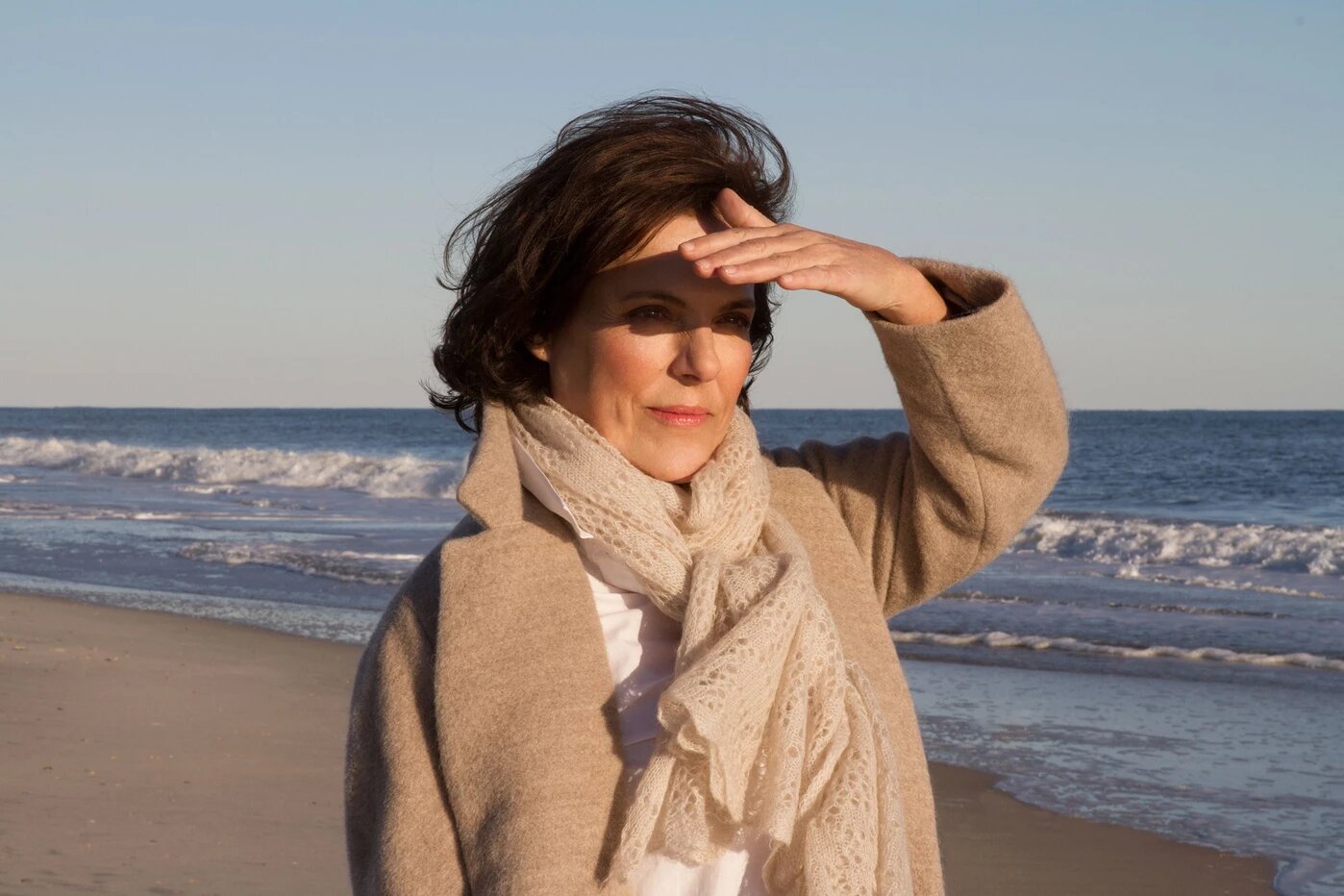
CLICK FOR AUDIO OF PODCAST
YOUTUBE VIDEO: Conscious Leadership

